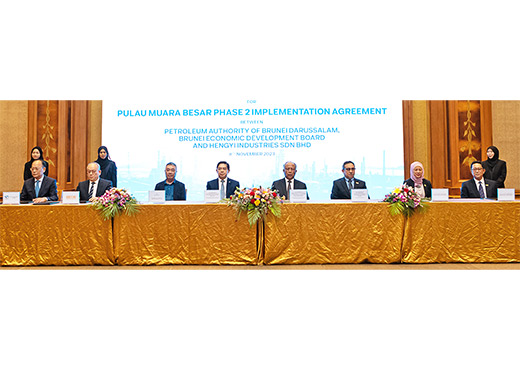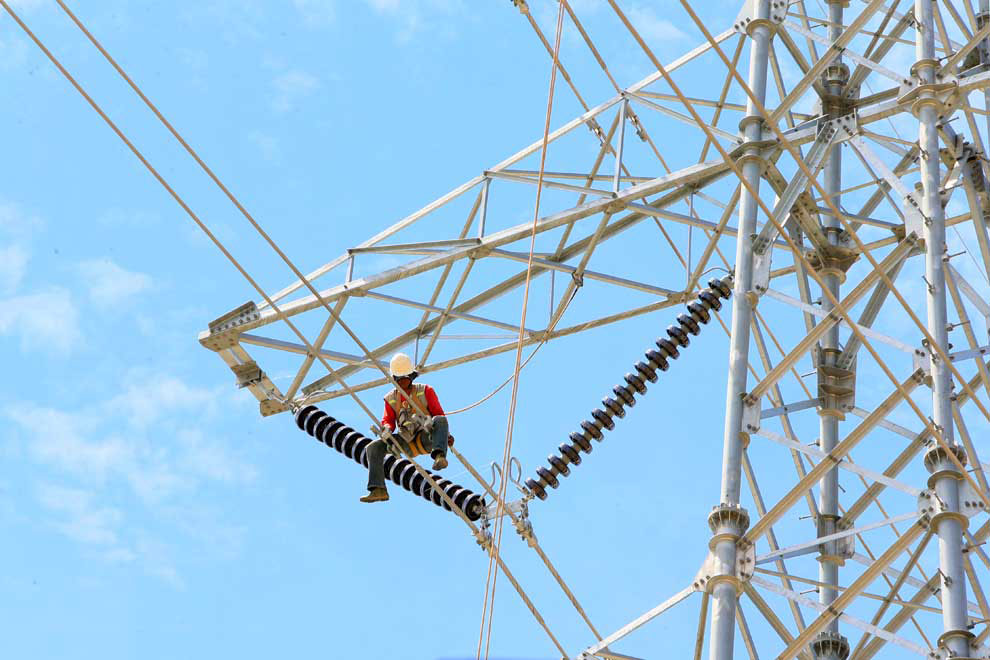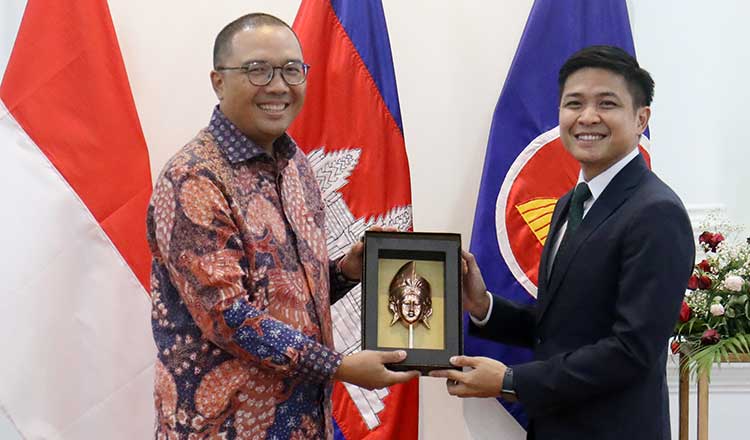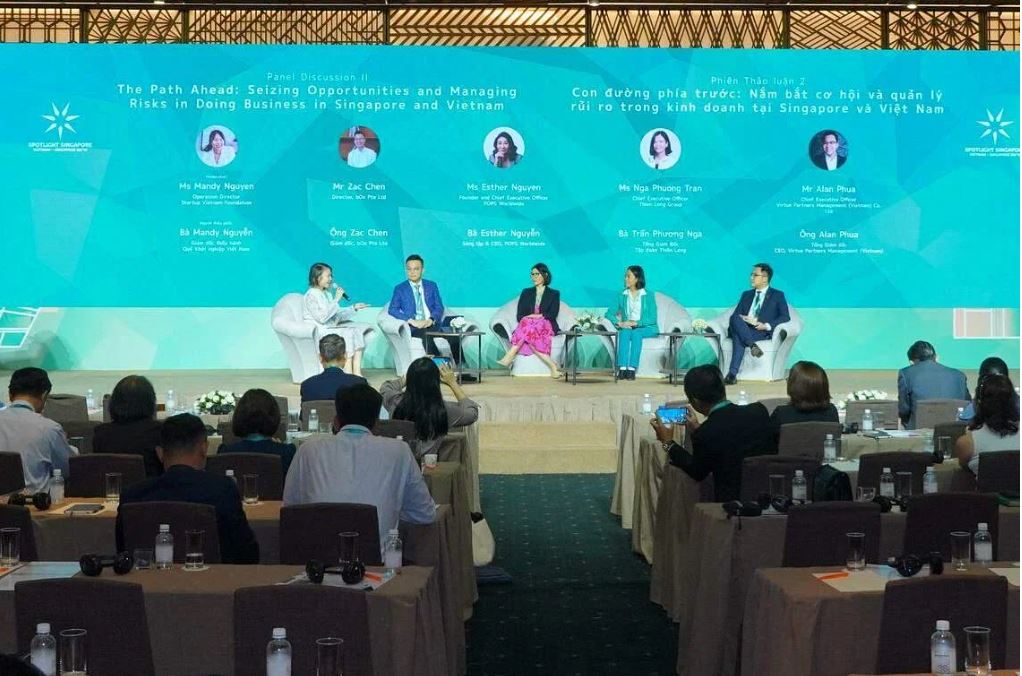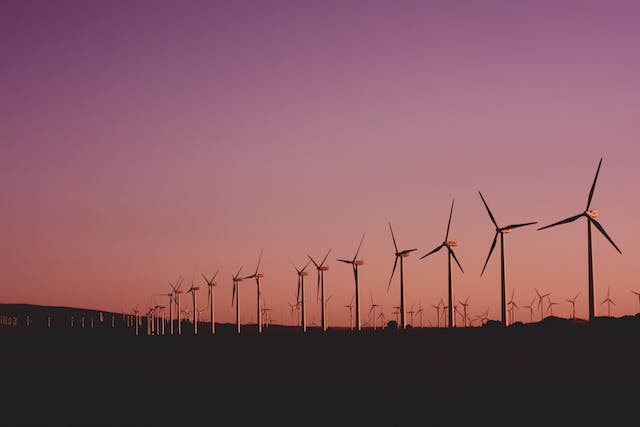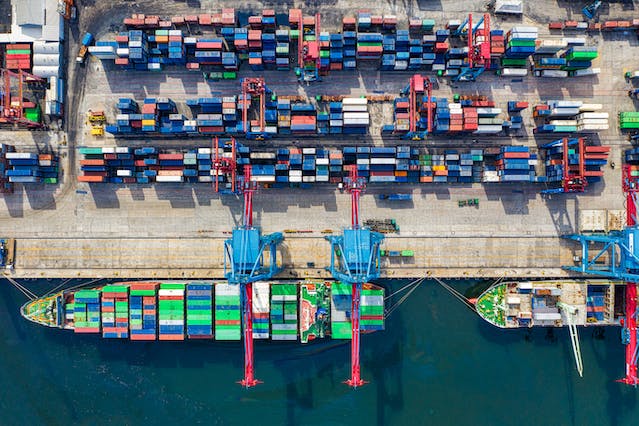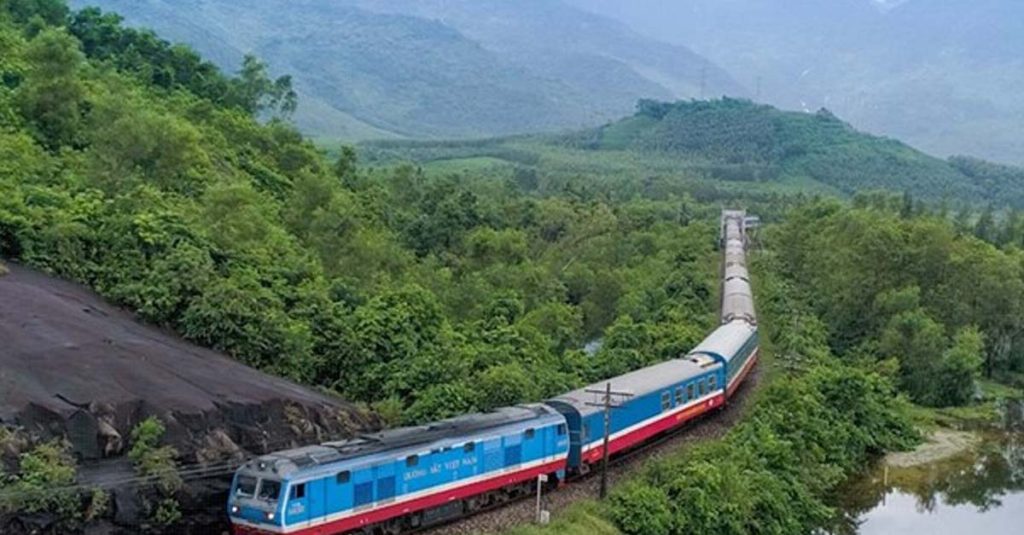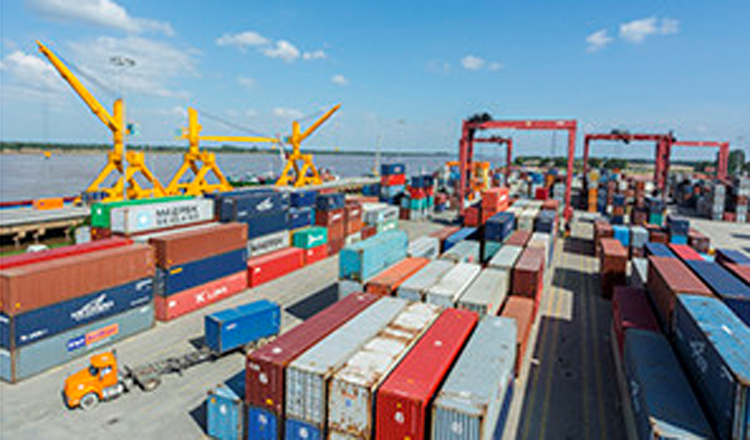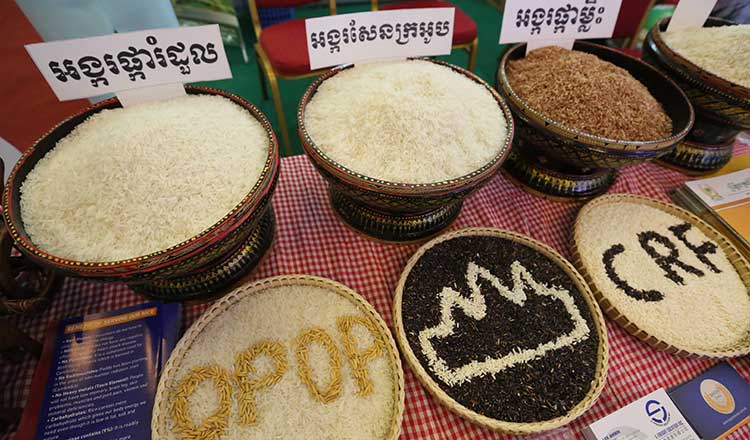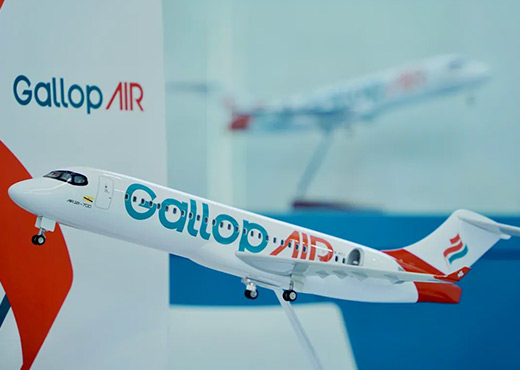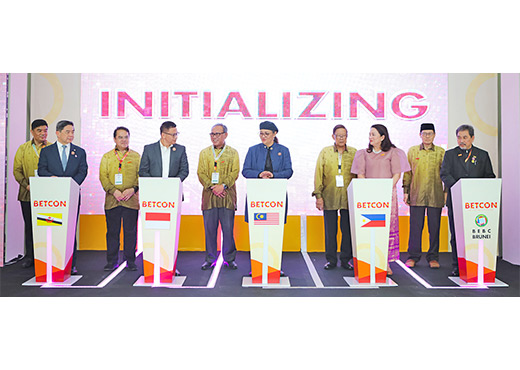A NEW survey released by HSBC showed that nearly half, or 45 per cent, of companies in South-east Asia have plans to expand their supply chain in China over the next 12 months.
Some 92 per cent of Indonesia businesses expressed an interest in expanding their supplier networks in China over the next three years, just a shade higher than the 89 per cent of companies in Vietnam and 87 per cent in the Philippines.
The survey findings were made public on Monday (Nov 6) in conjunction with this week’s China International Import Expo (CIIE) in Shanghai.
This sixth edition of the survey was the first to be conducted since Covid-19 restrictions in China were lifted in January this year, with participation from over 3,300 companies in 16 countries including the US, South Korea, Canada, the UK, France and Germany.
Overall, about three-quarters (73 per cent) of respondents expect to increase their supply chain footprint in China over the next three years, with about 25 per cent indicating the increase will be “significant”.
HSBC said that its survey findings suggest that many of China’s longstanding fundamentals, including its deeply integrated supply chain networks, continue to attract international firms.
A key reasons why companies are expanding in China is the ease of managing supply chains, with 28 per cent of respondents feeling this way. This, however, is down from 32 per cent who said so in 2022, despite the fact that China remained largely closed off to the rest of the world last year.
“This reflects the growing complexity of global supply chains, with businesses pushing to diversify and localise their networks and regulators imposing tariffs and restrictions on strategically important goods,” the report noted.
HSBC said that as supply chains continue to evolve, this could have an impact on China over time. The survey found that 27 per cent of companies expect to move their supply chains to new locations over the next three years.
Just over a quarter (26 per cent) said they expect to place a greater focus on strategic suppliers within their supply chains.
Some consolidation is also on the cards: over a quarter (26 per cent) expect to place more focus on strategic suppliers within their supply chains.
Manufacturing leads the way
By sector, it is companies in the manufacturing space that are particularly interested to grow their supply chain in China, with 74 per cent of respondents saying they are likely to increase it over the next three years.
Within the manufacturing industry, food and beverage (F&B) producers were the most keen to expand their China supply chains – 86 per cent said that they would do this over the next three years. In second spot was the computer and electronics manufacturing industry, with 71 per cent of companies there saying they would do so.
HSBC’s survey also found that international companies are attracted by China’s digital economy and the country’s leading position in e-commerce, artificial intelligence and digital payments.
Almost nine in 10 respondents (87 per cent) noted that China’s fast-growing digital economy is opening up new investment opportunities.
HSBC said that digitalisation remains a focus for international businesses in China. Technology and innovation, and digital capabilities and platforms, represent two of the top three investment priorities for businesses in the next 12 months.
On average, companies reported plans to invest 8 per cent of their global operating profit on technology and digitisation for their Chinese operations.
In the area of sustainability, renewable energy and electric vehicle (EV) production are seen as having the greatest growth potential. Respondents also see China, with its large domestic market, as an attractive place to develop and test new technologies and products.
Commenting on the survey findings, Barry O’Byrne, chief executive officer for HSBC Global Commercial Banking, said that China is “hardwired” into the global economy.
“While its relationship with business is evolving and economic headwinds remain, it’s still a critical market for many international firms. From its advanced manufacturing base, to its potential in renewable energy and EVs, and fast-growing digital economy, China offers a range of growth opportunities for international businesses,” he added.
Source: The Business Times. Link: Here

